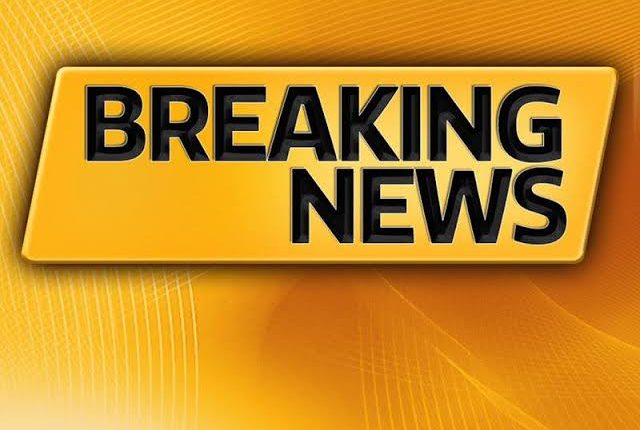Premier League Shock: Cole Palmer Refuses to Attend Chelsea’s Pride Night, Sparking Fierce Controversy
Stamford Bridge is in turmoil as one of Chelsea’s brightest stars, Cole Palmer, rejects participation in Pride Night, triggering division among fans, scrutiny from sponsors, and an avalanche of media debate.
Stamford Bridge is in turmoil as one of Chelsea’s brightest stars, Cole Palmer, rejects participation in Pride Night, triggering division among fans, scrutiny from sponsors, and an avalanche of media debate.
Chelsea Football Club has found itself at the heart of a storm that transcends sport, as midfielder Cole Palmer has reportedly refused to attend the club’s upcoming Pride Night event, an annual initiative designed to show solidarity with the LGBTQ+ community and promote inclusivity in football.
The 22-year-old, who has rapidly become one of the Blues’ most influential players since breaking into the squad, shocked many by declaring that “football is for playing on the pitch, not for political agendas.” His words, bold and blunt, have ignited one of the fiercest cultural controversies the Premier League has seen in recent years.
—
A Divided Fanbase at Stamford Bridge
The fallout has been immediate and dramatic. Inside Stamford Bridge, the fanbase is split right down the middle:
Supporters of Palmer argue that footballers should not be forced into political or social stances, praising his decision as one of personal conviction and integrity.
Critics accuse him of turning his back on an important initiative, claiming that his refusal undermines Chelsea’s efforts to promote inclusivity and sends the wrong message at a time when the sport is striving to embrace diversity.
Social media exploded within minutes of the news, with hashtags trending globally as fans and commentators debated whether Palmer’s actions represent bravery or irresponsibility.
—
The Media and Sponsor Reaction
The UK press wasted no time in seizing the story, with headlines ranging from “Palmer Sparks Football War Over Pride Night” to “Chelsea Star Stirs Division With Controversial Refusal.”
Meanwhile, sponsors are understood to be closely monitoring developments. Some of Chelsea’s key commercial partners have built their brands on values of inclusivity and may privately question whether the controversy could damage their association with the club. Insiders suggest Chelsea’s marketing team is already engaged in damage control behind the scenes.
—
The Club’s Position
Chelsea, long committed to equality campaigns and active participants in Premier League-wide Pride initiatives, is expected to release an official statement. Club executives now face an incredibly delicate balancing act: standing by their star midfielder while maintaining their reputation as champions of inclusivity.
Failure to navigate the situation carefully could result in reputational damage on both sporting and corporate fronts.
—
The Cultural Clash in Football
Palmer’s words tap into a larger, global debate about the role of politics and activism in sport. Should footballers be obliged to participate in causes promoted by their clubs and leagues? Or should their role remain strictly on the pitch, free of political or cultural obligations?
Supporters of Pride Night point out that football is more than just sport; it is a global stage with the power to promote equality and fight discrimination. Palmer’s detractors argue that by refusing, he is implicitly rejecting values the club and league have long worked to uphold.
On the other hand, his defenders insist players should never be compelled to associate with causes they personally do not agree with, warning that forced activism risks undermining authenticity.
—
What Happens Next?
All eyes will now be on Chelsea’s leadership, who must carefully consider:
An official response clarifying the club’s stance.
Palmer’s role going forward — whether he faces disciplinary measures, or whether the club respects his freedom of choice.
Impact on dressing-room harmony — whether teammates rally around him or express unease.
Sponsor and public relations strategy to prevent escalation into a larger crisis.
This controversy has the potential to overshadow Chelsea’s performances on the pitch, at least in the short term.
—
Final Thoughts
What was meant to be a routine display of solidarity has turned into a cultural flashpoint. Cole Palmer’s refusal to attend Pride Night has thrust Chelsea into the spotlight for reasons far beyond football, igniting a debate that reaches into identity, freedom of expression, inclusivity, and the very role of athletes in society.
Whether this will be remembered as a moment of personal principle or one of professional miscalculation remains to be seen. One thing is certain: Stamford Bridge has become the epicenter of a national conversation that shows no signs of slowing down.
—
